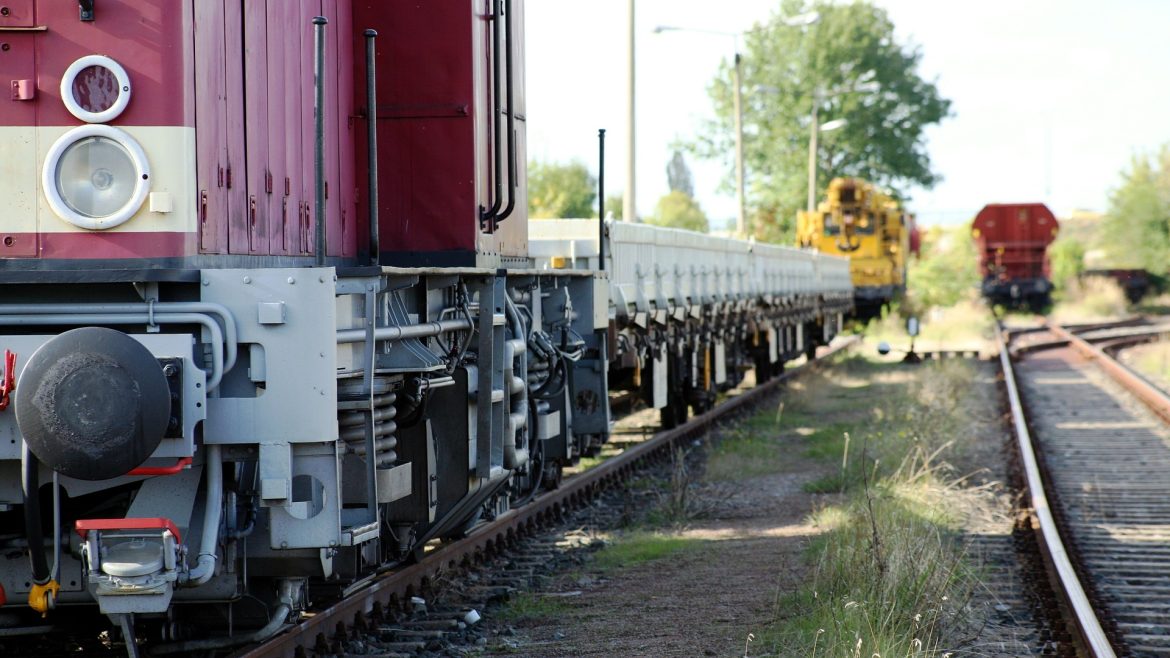Revolution Causes and Slavery Impact
Discuss causes and key events marking the move towards the American Revolution and independence. What was the impact of Revolution on slavery?
The American Revolution was driven by political, economic, and ideological conflicts between the American colonies and Britain. Key causes and events include:
- Taxation and Economic Control – Britain imposed taxes to recover debts from the French and Indian War (1754-1763), sparking colonial resentment.
- Sugar Act (1764) – Taxed sugar and molasses, hurting colonial trade.
- Stamp Act (1765) – Required stamps on legal documents, leading to widespread protests.
- Townshend Acts (1767) – Imposed duties on imports, fueling boycotts.
- Colonial Resistance and British Crackdowns –
- Boston Massacre (1770) – British soldiers killed five colonists, increasing anti-British sentiment.
- Boston Tea Party (1773) – Colonists protested the Tea Act by dumping tea into Boston Harbor.
- Intolerable Acts (1774) – Britain punished Massachusetts by closing Boston’s port and limiting self-government.
- Formation of Revolutionary Movements –
- First Continental Congress (1774) – Colonists united to demand rights.
- Lexington and Concord (1775) – The first military clashes marked the beginning of armed resistance.
- Second Continental Congress (1775-1776) – Led to the formation of the Continental Army under George Washington…
The American Revolution was driven by political, economic, and ideological conflicts between the American colonies and Britain. Key causes and events include:
- Taxation and Economic Control – Britain imposed taxes to recover debts from the French and Indian War (1754-1763), sparking colonial resentment.
- Sugar Act (1764) – Taxed sugar and molasses, hurting colonial trade.
- Stamp Act (1765) – Required stamps on legal documents, leading to widespread protests.
- Townshend Acts (1767) – Imposed duties on imports, fueling boycotts.
- Colonial Resistance and British Crackdowns –
- Boston Massacre (1770) – British soldiers killed five colonists, increasing anti-British sentiment.
- Boston Tea Party (1773) – Colonists protested the Tea Act by dumping tea into Boston Harbor.
- Intolerable Acts (1774) – Britain punished Massachusetts by closing Boston’s port and limiting self-government.
- Formation of Revolutionary Movements –
- First Continental Congress (1774) – Colonists united to demand rights.
- Lexington and Concord (1775) – The first military clashes marked the beginning of armed resistance.
- Second Continental Congress (1775-1776) – Led to the formation of the Continental Army under George Washington…



